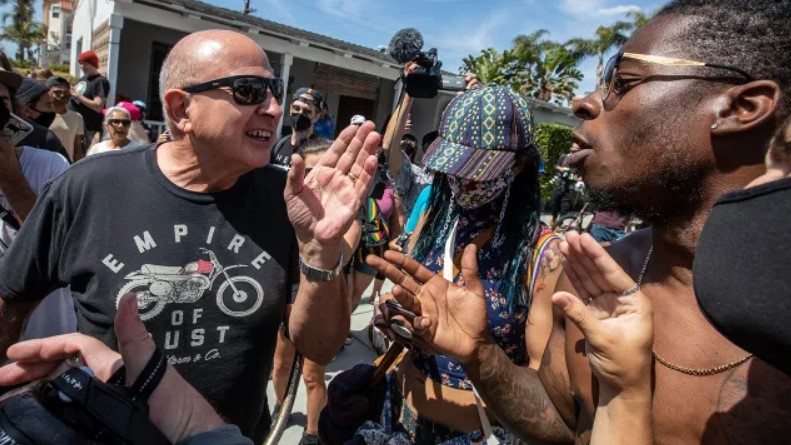Election Reflection

From my vantage point in affluent, liberal Connecticut, it’s difficult to see the pain and anxiety that exists across this nation. For my family, along with most of our friends, the last four years have brought continued good fortune and opportunities. Yet, this perspective, shaped by relative comfort and prosperity, can easily overlook the struggles and discontent felt by many Americans—a sentiment that ultimately shaped the outcome of this election.
While most of Donald Trump’s supporters seemed unwavering in their allegiance, the margin of the electorate that secured his victory over Kamala Harris was made up of voters who weighed both sides. In the end, they decided that the vision Trump presented was more aligned with their current hopes or frustrations, especially given the challenges they’ve faced in recent years. Many of these voters, though ambivalent, prioritized economic concerns over other issues, seeking a direction that might ease their struggles.
Exit polls reflected a prevailing sense of dissatisfaction, with more than 70% of voters expressing that the country is heading in the wrong direction. This widespread sentiment underscores the depth of frustration and concern permeating across regions and demographics. Similarly, in response to the question, “Are you better off than you were four years ago?” nearly three quarters of Americans said they were not. The classic “better off” question has always served as a bellwether for the national mood, and these results were a clear indication that, for many, life has only become harder.
Despite strong public support for issues like a woman’s right to choose, the defense of democracy, and the preservation LGBTQ rights, it seems that economic concerns ultimately took precedence in this election. Many voters, faced with daily financial pressures, mostly prioritized economic relief over social and moral considerations. This trend has recurred in past elections: when economic hardship hits, people often set aside other values in pursuit of stability and security.
In addition, Trump managed to draw support on issues beyond just the economy. The need to control illegal immigration and the belief that “wokeness” has gone too far resonated with many of his supporters, who felt that these issues were not adequately addressed by Kamala Harris or her platform. And despite Trump’s demonization of immigrants, it’s telling that he made significant inroads with the Hispanic population—the largest immigrant-based community in the United States. This development highlights his unique appeal to certain demographics within that community, suggesting that his messaging on other issues, such as the economy and conservative values, resonated with them on a deeper level.
In the aftermath of the election, people naturally start searching for answers, dissecting what Kamala might have done wrong. Why didn’t she appeal more effectively to this group or that? Could her message have reached broader audiences? However, the truth is that overcoming the powerful headwinds of economic hardship was nearly impossible. The frustration and struggles faced by many Americans made economic concerns paramount, often eclipsing social or political messaging. In this climate, even the most compelling appeals on other issues struggled to resonate against the backdrop of financial anxiety and a desire for change.
We can’t place the responsibility for this outcome solely on figures like Elon Musk, though his endorsement and influence may have rallied crucial support in the final stages. His visibility certainly made an impact, but this election was driven by a broader array of factors. Some will point to Russian disinformation campaigns, the sway of certain media narratives, or the impact of social media in amplifying specific viewpoints. These factors certainly contributed, but the economic and social challenges felt by many, more than anything, shaped the climate in which Americans cast their votes, reflecting a desire for change in direction.
As a life-long Democrat, this gut-wrenching defeat stings, yet I still have faith in the American people and remain optimistic about our future. Despite the dire warnings and predictions from some in the media forecasting the a new age of autocracy and the fall of our democracy, I don’t believe that for a second. Instead, I see this moment as an opportunity for reflection – a chance for us to look in the mirror and decide what truly matters. I believe our path forward lies in finding common ground and coming together in the middle, on issues the majority of us agree upon. That commitment, to fostering unity and understanding, is what I aim to dedicate myself to for the next four years and beyond, with all my heart, soul, and energy – and I encourage you the do the same









